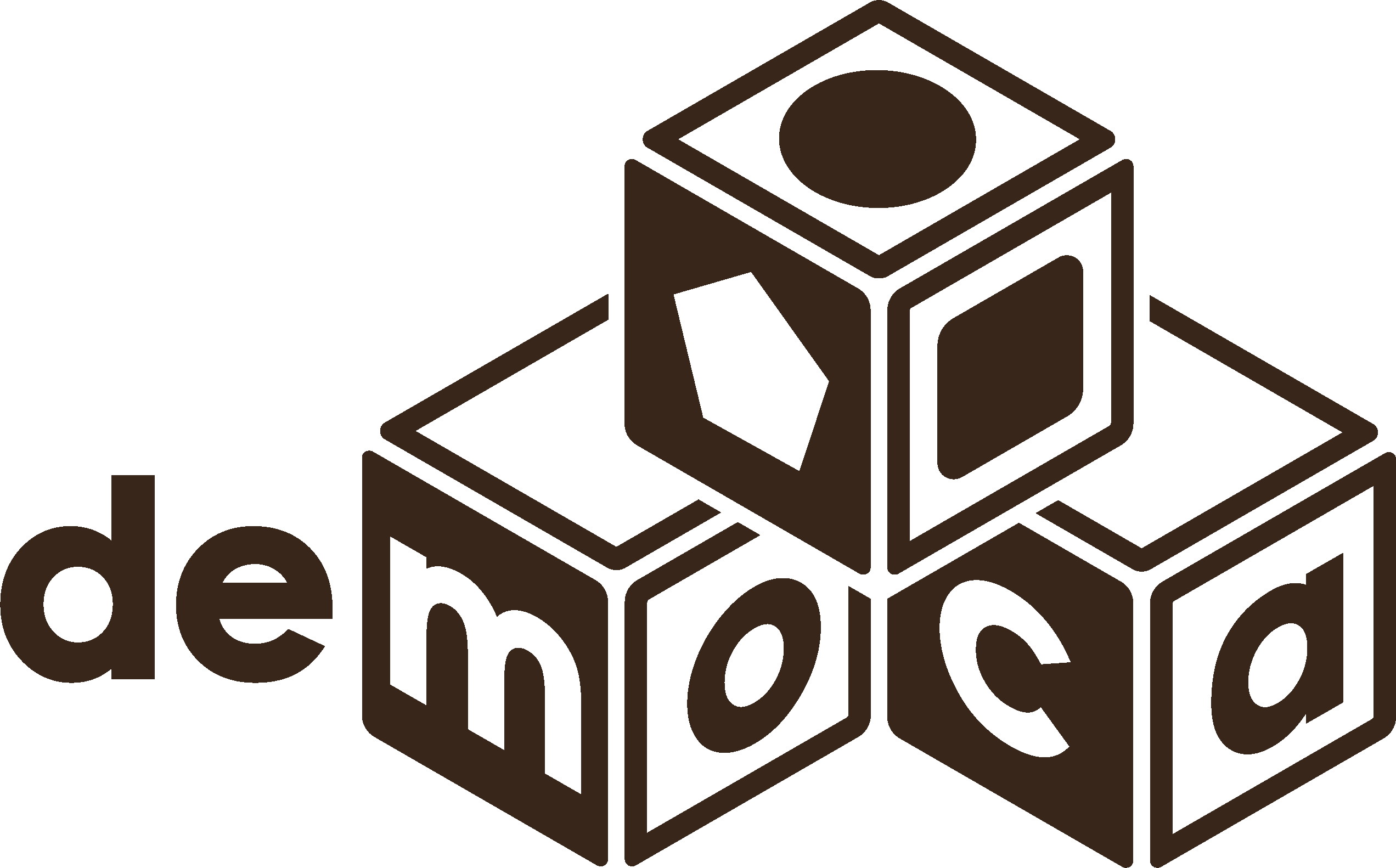
Is Getting Messy Part of Learning? The Montessori Approach!
Aug 08 , 2022
The respect and care for the space we live in!
We rarely complete all the housework that needs to be done. After all, we are a small group of people living together, sharing multiple spaces. It’s natural not to have a perfect home, as there’s no such thing as the ideal home. But, we want our kids to pick up the model we show: the care and respect for the space we live and share together.
Make clean-up a normal part of the day!
Not once a week, not once a month, and not as a punishment. Cleaning up daily forms a habit that, as an adult, will give them a sense of order in their life and control.
In a Montessori class, you’ll always see kids putting work materials back on shelves once they are done with them. Most children won’t do that at home. Why is that?
First, all furniture is child-sized, and that makes a huge difference. They don’t need an adult to help put back things; everything is easily accessible and has an order that EVERYONE knows, which is very important. All the participants know the rules and place of the work materials, so everyone can find them when they need to.
Sometimes it is good NOT TO CLEAN UP!
If you have spent hours working on something you like and have been focused on for so long, how would you feel if someone just says, “Okay, time to clean up, put everything away”? Not so cool, right? So, does your little one feel when he spends a lot of time and energy building or working on something. You can show your respect and appreciation for his work (whether it’s a new drawing or finally putting together the Lego car for the first time) by letting out his creation or assignment. Reinforce his emotions by saying,” You don’t have to clean up and put your work away! Just find a safe place to put it so it won’t be in our way. You’ve worked so hard on it, you should name your project, and I could take a picture before we clean up later.”
Practical life!
What everything one does serves as a real-life purpose! Studies have shown a direct connection between a child’s practical life activities and their success in other areas like Math, Science, Music, and so on. They develop their coordination, control of movement, spatial awareness, intelligence, precision, and willpower. They will apply all the knowledge to other areas.
The willpower that comes with the mess!
Once a child learns to do several real-life activities, he can use them when needed. Choosing what activity to do, gives him willpower. He will get used to starting and finishing an activity like sweeping the floor to clean the area for the puzzle he intends to do later. Even if the child loses interest, they usually finish cleaning the floor before starting to do what he would like (like doing the puzzle). Delaying an enjoyable activity builds strength of character. So, they practice doing that with each mess and the following cleaning.
Dirty Play! The final type of messy play to talk about!
Letting children play outside in the dirt and giving them the freedom to discover, create and observe plays a huge role in their development and health.
Walking barefoot in the backyard boosts their immune system, and it involves lots of fun and sensory experience.
How to minimize mess at home?
- Transitioning areas (the entry with a small chair to get shoes off, hook for coats, basket for muddy or wet clothes).
- For preparing meals, pouring a drink, and self-feeding, offer an apron to wear.
- For art, use an apron and washable art materials and supplies.
- Practice daily or even multiple times a day real-life work to master the necessary skills to do it better and without the mess.
- Involve children in the cleaning process to acknowledge the effort put after each mess, spill, and so on. Next time they will put more effort into avoiding the mess and to use the right tools to clean.
- Have cleaning items available for children to use whenever they need them.
